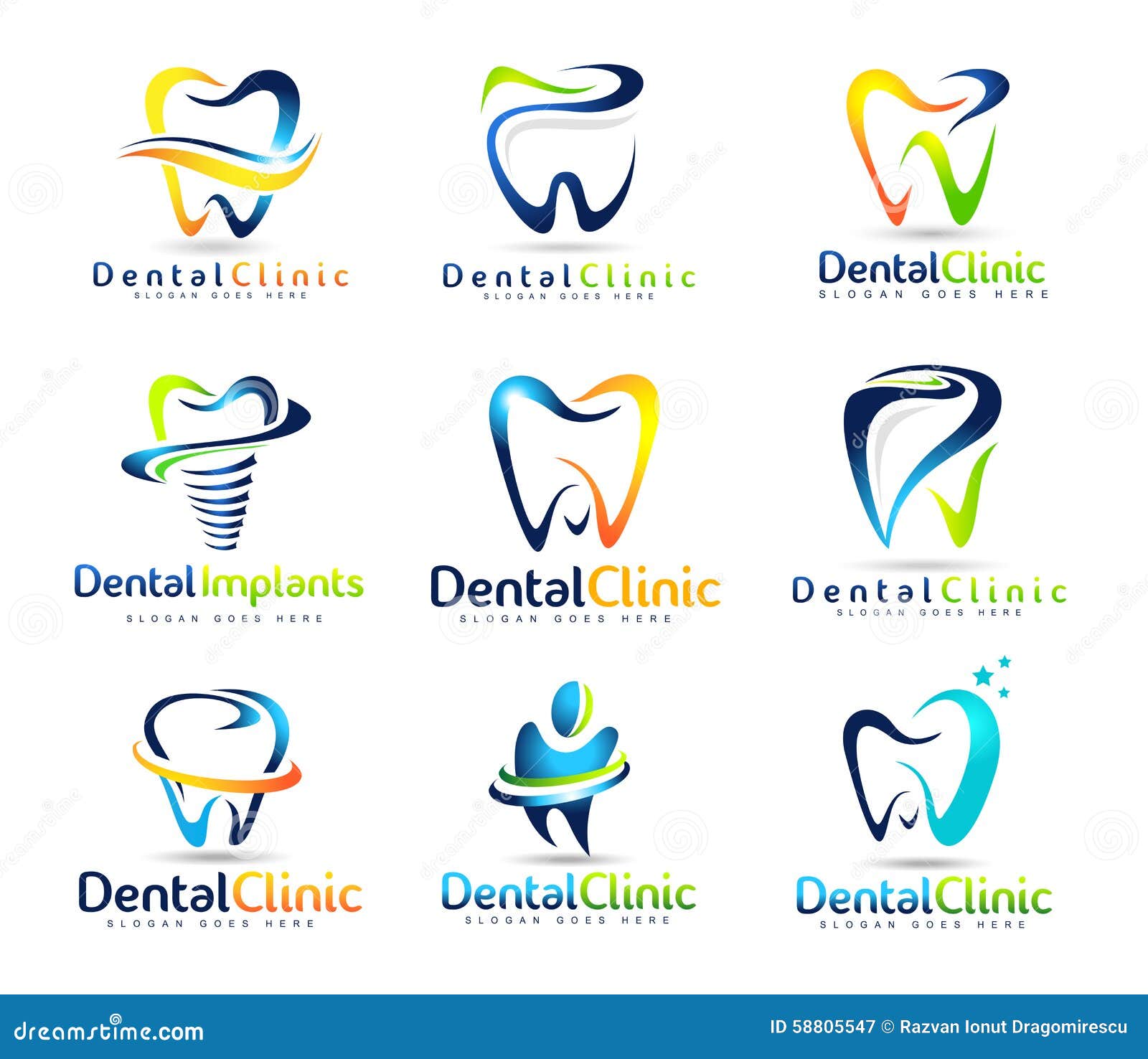An First-Timer's Guide to the Oral Clinic Visit
Visiting the dental clinic for the first time can be nerve-wracking experience for many. The idea of sitting in a dental chair, surrounded by unfamiliar instruments and the sounds of equipment, may leave recent patients feeling nervous. Yet, knowing what to expect during your visit can alleviate some of that anxiety and help you feel better equipped.
In this guide, we will walk you through the common steps of a dental clinic visit. From the moment you arrive and register, to the examination and treatment process, being aware of what will occur can make the experience much more manageable. Whether you are there for your routine cleaning, a consultation, or a more complex procedure, being aware will allow you to approach your dental visit with confidence.
Things To Expect During Your Appointment
As soon as you get to the dental clinic, you'll first register at the reception desk. The staff will ask for your individual information, including coverage information if you have any. If it's your maiden visit, they may provide you with forms to complete regarding your medical history and present dental matters. It’s important to be honest and detailed, as this data will assist the oral health professional tailor your treatment.
After checking in, you may have to sit for a short time until a dental assistant invites you into the treatment area. citydent.lt will most probably be equipped with various oral tools and cozy chairs. The assistant will guide you to the oral chair and may perform some preliminary measurements, such as your vital signs or a visual assessment of your teeth and gums. This is a routine step to make sure your overall well-being is considered during the dental examination.

Once you are comfortably seated in the chair, the oral health specialist will enter to talk about your dental needs. They may ask you questions about your dental and health history, then a thorough examination of your oral cavity. You can expect the dentist to use particular tools, like a tiny mirror and dental probe, to check for cavities or gum disease. This is an excellent time to ask any questions you might have about your dental well-being or recommended treatments.
Common Procedures Explained
When you attend a dental clinic, one of the most frequent procedures you might face is a routine teeth cleaning. In the course of this visit, a dental hygienist will use designated tools to remove tartar and calculus buildup from your teeth. This procedure not only assists to maintain your teeth and gums well, but also stops cavities and gum disease. You can anticipate a thorough evaluation of your oral health, typically followed by a cleaning of your teeth to leave them feeling polished and clear.
A further procedure that may be done is a dental exam, which typically goes along with your cleaning. In the exam, the dentist will search for any signs of tooth deterioration, gum disease, or other oral health issues. They may perform X-rays to get a clearer look at the structure of your teeth and jawbone. This is an important part of making sure that any potential problems are detected early on, enabling prompt treatment if required.
If you have a cavity or a damaged tooth, the dentist might advise a filling or a crown. A dental filling entails removing the decayed portion of the tooth and restoring it with a long-lasting material to return its function. On the other hand, a crown is a cap put over a tooth to strengthen it or improve its appearance. These procedures are frequent in the dental clinic and are commonly done in a single visit, providing immediate relief and restoration to your dental health.
Aftercare and Subsequent Care Tips
Following your visit to the dental clinic, it's essential to follow any aftercare instructions provided by your dentist. This may encompass recommendations on how to maintain your teeth and gums, especially if you've had a procedure done. Maintaining proper oral hygiene habits, such as brushing and flossing regularly, will help ensure the effectiveness of the treatment and prevent future issues.
If you experienced some discomfort or had work done, it's crucial to manage your symptoms as directed. Over-the-counter pain relief drugs may be suggested, and applying ice to the swollen area can help reduce swelling. Be careful of what you eat and drink, opting for softer foods if necessary and avoiding anything too hot or cold immediately after your appointment.
Make sure to schedule your subsequent appointments as advised by your dental professional. Regular check-ups are essential for keeping track of your dental health and addressing any problems before they escalate. Keeping open communication with your dentist about your concerns or changes you notice in your oral health will contribute significantly to your overall well-being.